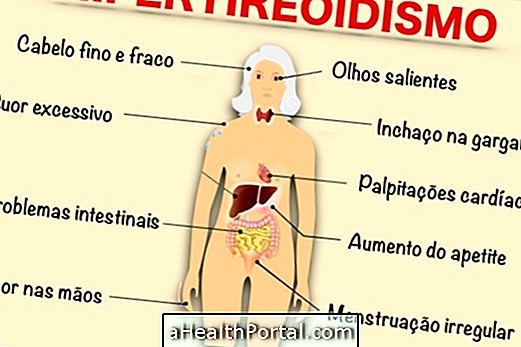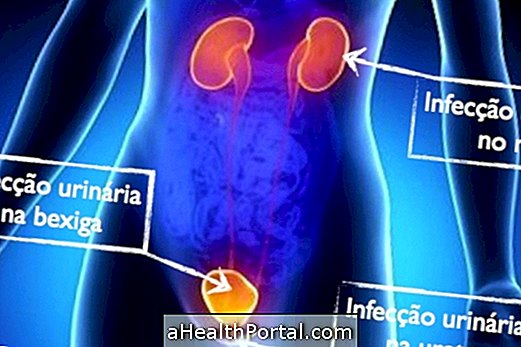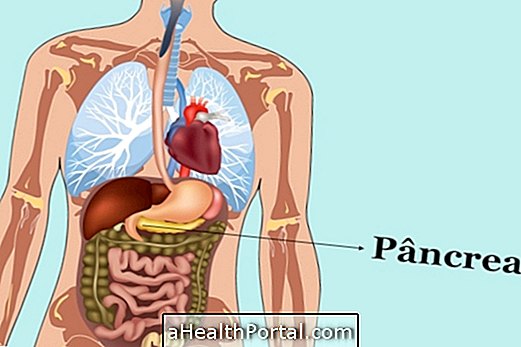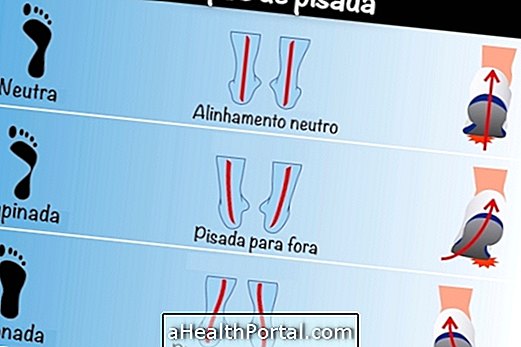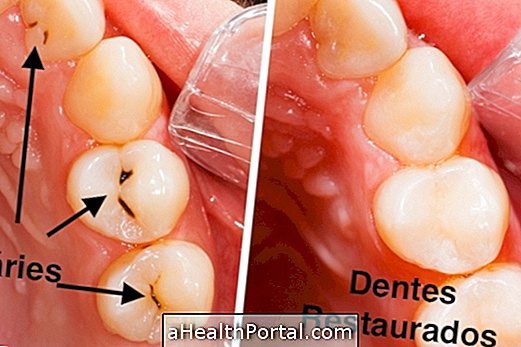The main symptom of narcolepsy is excessive drowsiness that makes the person sleep anywhere, even at inappropriate times such as during a purchase or in the bank queue. The person falls asleep in a totally sudden and unexpected way leaving everyone around them suspicious or worried.
Other symptoms of narcolepsy may include:
- Intense drowsiness during the day;
- Sudden sleep attack, despite trying to stay awake;
- Multiple naps during the day;
- Waking up several times during the night;
- Loss of muscle strength of the body, leading to fall;
- Hallucinations when falling asleep or upon awakening;
- Auditory hallucinations, like hearing footsteps from intruders in the house;
- Sleep paralysis, shortly before falling asleep or waking up, where the person feels awake but is unable to move or speak, being 'trapped' in one's own body. Learn more about this condition here.
- Nightmares;
- Excess weight due to the development of binge eating;
- There may be depression.
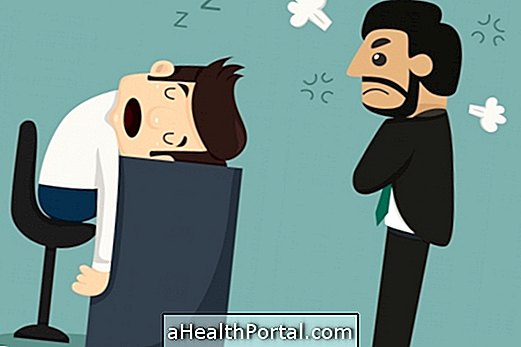
Some people besides narcolepsy still suffer from cataplexy, a problem that causes momentary loss of muscle strength and causes the individual to fall to the ground, conscious but unable to wake up, talk or move.
Narcolepsy is a genetic disease that occurs in adolescence, being more common in people of the same family. Sudden sleep episodes that make a person fall asleep at any time and place usually appear at a very emotional emotional time, such as during a wedding, for example. In this case the person seems to have fainted, but is only sleeping and should wake up about 10 minutes later much more awake.
During sleep the person can hear everything around them, keeping their compression and memory intact.
Examinations for diagnosis
To confirm that it is narcolepsy, the neurologist should request tests such as polysomnography in a sleep lab and tests that assess a person's ability to stay awake in places without many stimuli and also in places that may be dangerous. The blood test that identifies HLA-DQB1 * 0602 may also be useful for the diagnosis of narcolepsy.
It should also be checked if it is not about other health problems such as insufficient sleep syndrome, sleep apnea, CNS hypersomnia, increased sleep due to the use of drugs or drugs or even altered circadian rhythm that controls the wake up and sleep.
